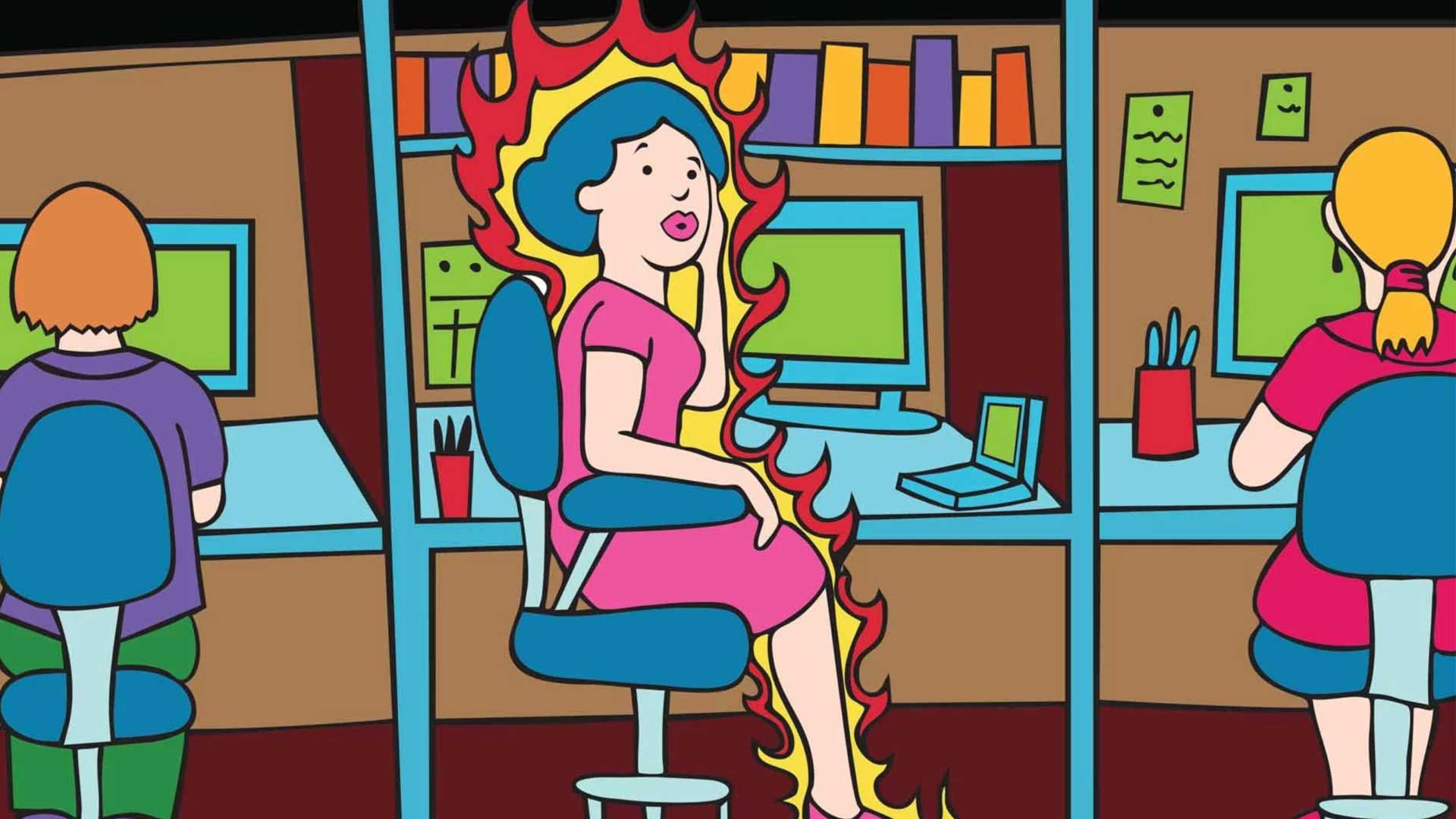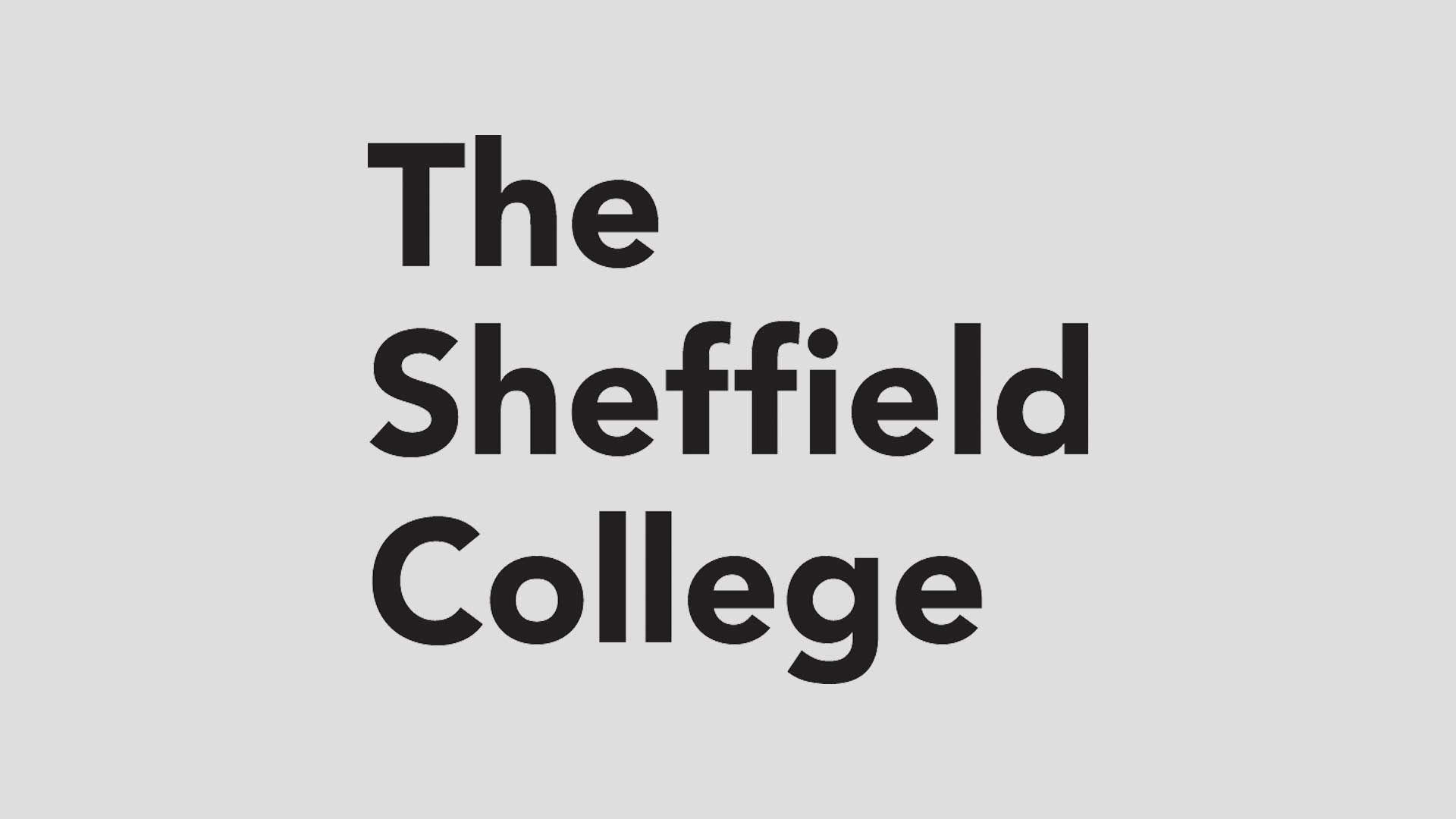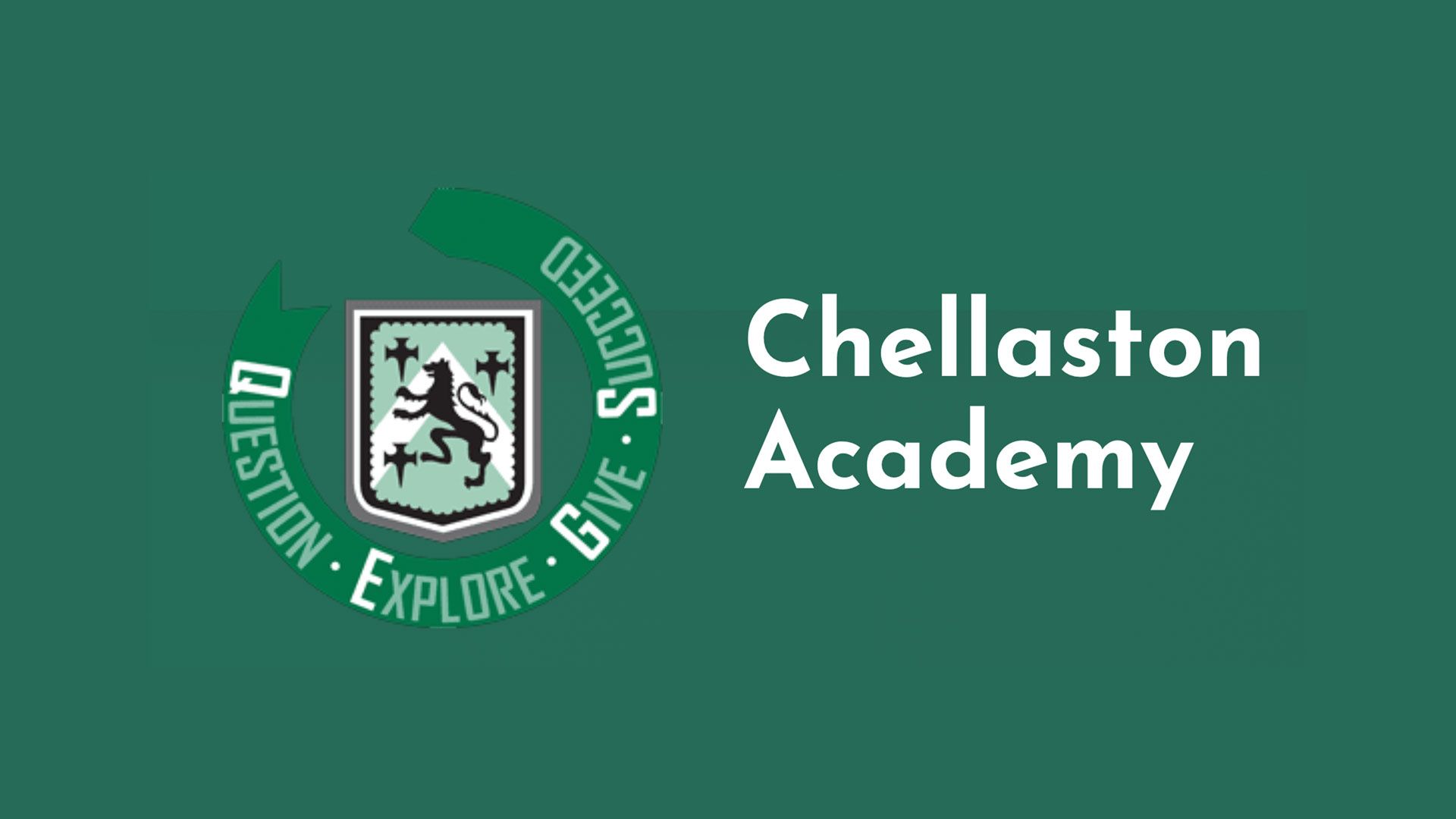Is our education system inherently biased towards middle-class pupils?

Let me ask you something. Have you ever heard a teacher explain that a child won’t ever be at the expected level because their parent never reads with them at home? Or overheard a group chatting in the staffroom about the next child from that family joining the school?
Yeah, me too.
But what’s emerged this week is something far more concerning for the education world. In a Guardian article, Professor Lee Elliot Major claimed that our system is unconsciously biased against working-class pupils and that our efforts have focused on the wrong thing, namely:
“Turning children from working-class backgrounds into middle-class clones armed with the traits needed to prosper in a middle-class system, rather than asking whether the system itself might be changed to make it welcoming to those from all backgrounds.”
Yikes.
But in my opinion, he’s got a bloody good point. First and foremost, people from disproportionately advantaged backgrounds have created and maintained our education system. How on earth can those educated at Eton or Harrow possibly comprehend what life is like for a working-class pupil living in Housing Association property?
Don’t get me wrong. I was privately educated. I had no real idea of what those in the state sector faced. Instead, I was surrounded by classmates who drove Mercedes G Wagons to school and went on annual family skiing trips to Val D’Isere or Aspen.
I didn’t drive a Mercedes or go on annual skiing trips, though. I cycled to school and didn’t go on my first holiday abroad until I was 14. My family had a bursary to help with school fees, too. But I’m not expecting you to play any kind of violin for me. Going to private school opened doors and gave me a start in life that I’ll always be grateful for.
But that doesn’t make it right, does it?
I don’t think we can kid ourselves. Private education isn’t going anywhere. As long as people have money to spend, private schools will exist - and if I’m candid, the kids within them often have a different set of challenges. How do I know? Because I’ve taught in both the private and state sectors - in the most deprived area in the borough and the most expensive place to live in the country, outside of London.
This means I’ve also seen the gap firsthand. And it’s wider than you could possibly imagine.
As a teacher, to think you’re unconsciously biased towards or against anyone in your class is uncomfortable. Most of us like to think we treat all pupils equally. But that’s the problem. We’re not being consciously biased (if you are, you know where the door is). It’s something that’s seeped into our system and has shaped the way we work.
But now Professor Major has brought this to light, it’s time to consider what we can do about it. How can we ensure that the working-class children in our classrooms can access the same educational experience as their middle-class peers?
Let’s dive in.
Recognising and challenging biased thinking
Right off the bat, let me just say there’s nothing we can do to stop our unconscious bias completely - we all have it. But there are things we can do to recognise biased thinking and behaviours and create conscious inclusion. Even better, once we notice it, we can challenge it and create more inclusive learning environments instead.
Awareness is key
Raising awareness in your school is paramount to affecting change. And it must start from the top. It’s time for potentially difficult conversations, but nothing will change unless people know the inherent problem.
Be prepared for people to react in various ways - some may feel strongly that they don’t have unconscious bias, whereas others may be so set in their ways that it’s difficult to know whether they care or even want to change. Raise your expectations of your team - and in turn, they’ll raise their expectations of themselves. For some, that might take time, but you knew this wouldn’t be a quick fix, right?
It’s paramount for your whole school team to understand unconscious bias and what it means - in all contexts, not just for working-class pupils. If you’d like help to raise everyone’s knowledge and understanding, check out our Being Inclusive workshop to see how we can support you.
Language matters
According to Professor Major, we need to change the language used to describe pupils who have always been referred to as ‘disadvantaged’. Using this terminology makes us biased to their situation before we’ve even spoken to or worked with them. We automatically think of others as advantaged, too.
Instead of ‘disadvantaged’ says Lee, we need to start using ‘under-resourced’ - which he feels is a far better term to describe their situation and can help us understand the role we can play in giving them the resources they need to achieve as much success as their middle-class peers.
Consider context
Over the past few years, even GCSE papers in core subjects have been disproportionately biased towards middle-class pupils. In the examples given in the exam papers, children have been tested on their ability to answer questions about going on a ski trip or to the theatre. Something I know firsthand doesn't happen for many working-class children.
In fact, when I took some Y6 children to see The Lion King in London, a fair few of them told me they’d never been to the theatre before, and some had never even been to London before - bearing in mind our school was 25-minutes by train from the city centre. On my way to a residential trip with another Year 6 class, we passed some fields, and one of our under-resourced pupils told me she’d never seen a cow in real life. My heart nearly broke.
Think, therefore, of the examples you use in class - how can you be sure that the context is relevant for everyone? When referencing famous people, why not use some examples of those from working-class backgrounds, e.g. Stormzy or Tracey Emin? Highlight that they didn’t come with the advantages of others yet still managed to carve out successful careers.
Context for these pupils really is everything. It’s our job to motivate, inspire and educate them in ways they can understand and relate to. It’s time for them to see themselves in our curriculum rather than simply observers of a life they haven’t had the chance to lead yet.
Keep the conversation going
As in any community, clear and open lines of communication are essential for everyone to feel included. Professor Major suggests something called ‘deep listening’ where you listen (really listen) to those in the local community who may be under-resourced and what their experience truly is. Remember, ‘to assume makes an ass out of u and me’.
Keep talking and, as Steven Covey says, ‘Seek first to understand, then to be understood.’
Summary
I know this blog post may cause you to reflect on your practice and evaluate your biases - and I’m glad. It certainly made me consider my own, particularly when I remember my time as a DH. But it’s only through reflecting and taking positive action that we can hope to change the narrative for our under-resourced children and give them a chance to succeed in the best way possible.
And as Major so brilliantly puts it:
“We need a rethink; we need to find out what every child can offer, what we need to change, and how we can work together.”
Amen to that, Professor, amen to that.
If your team needs support to open up the unconscious bias conversation, contact Doug -
Steph Caswell started out as a primary school teacher, reaching the dizzy heights of deputy headship before turning her hand to writing. She’s the author of six books, and when not writing witty, opinionated content for Laughology, she supports other aspiring authors to write theirs.














